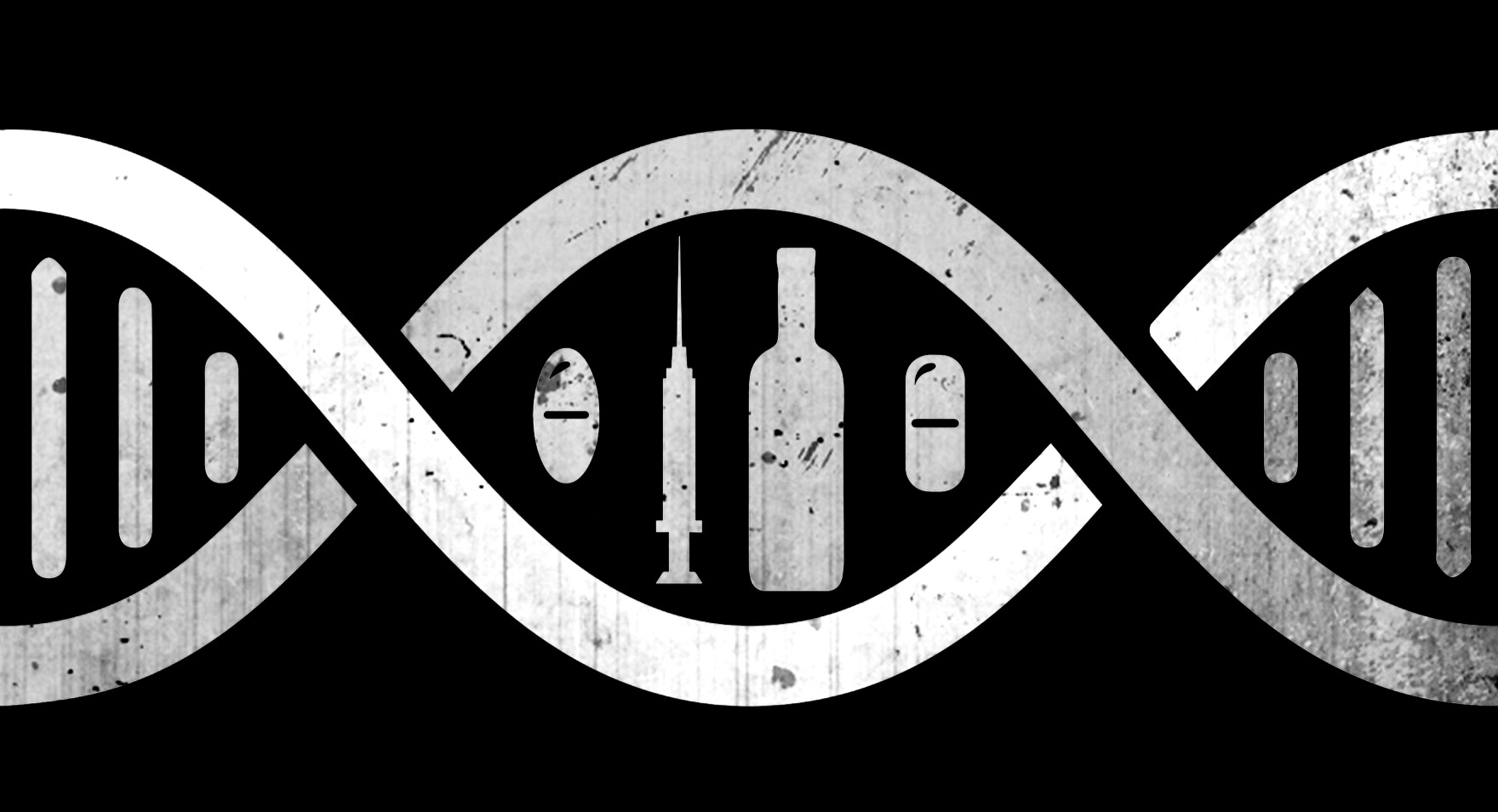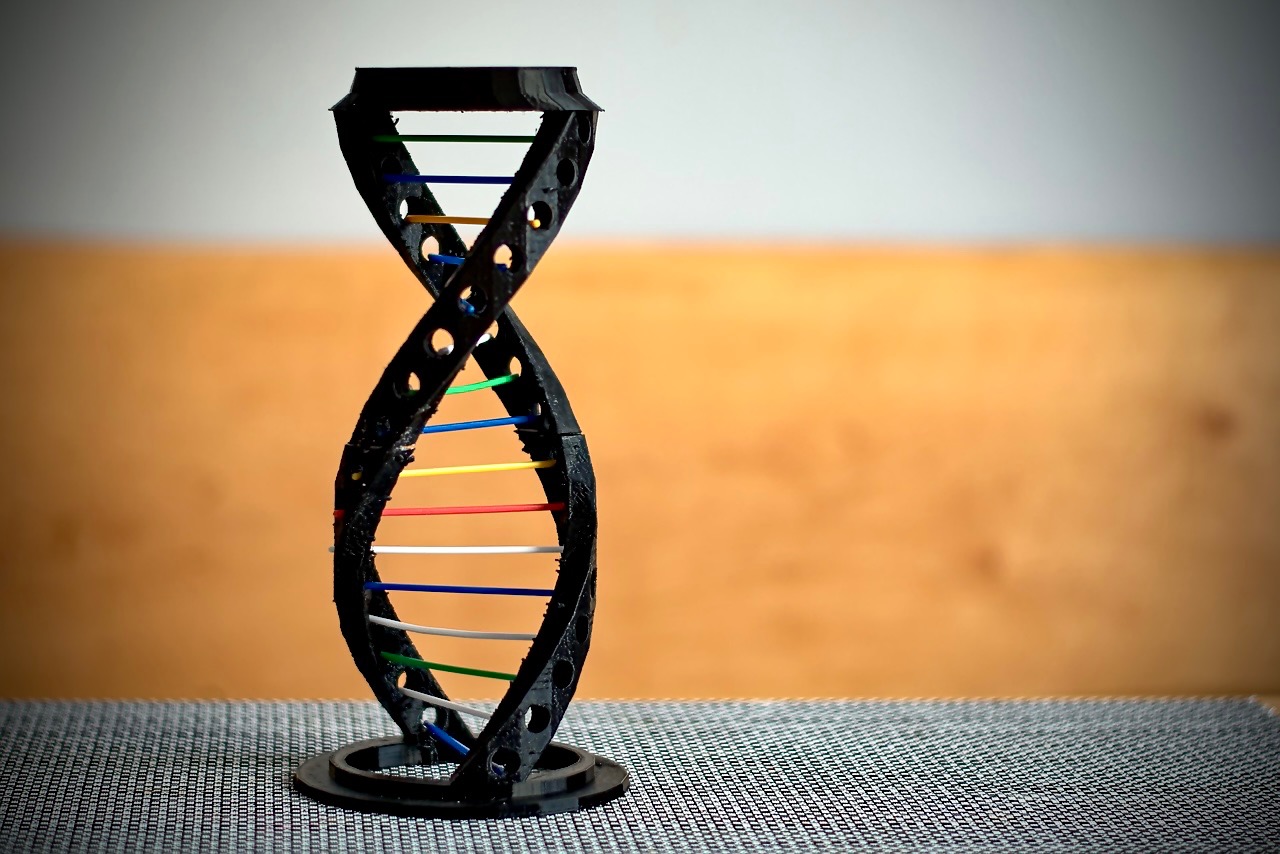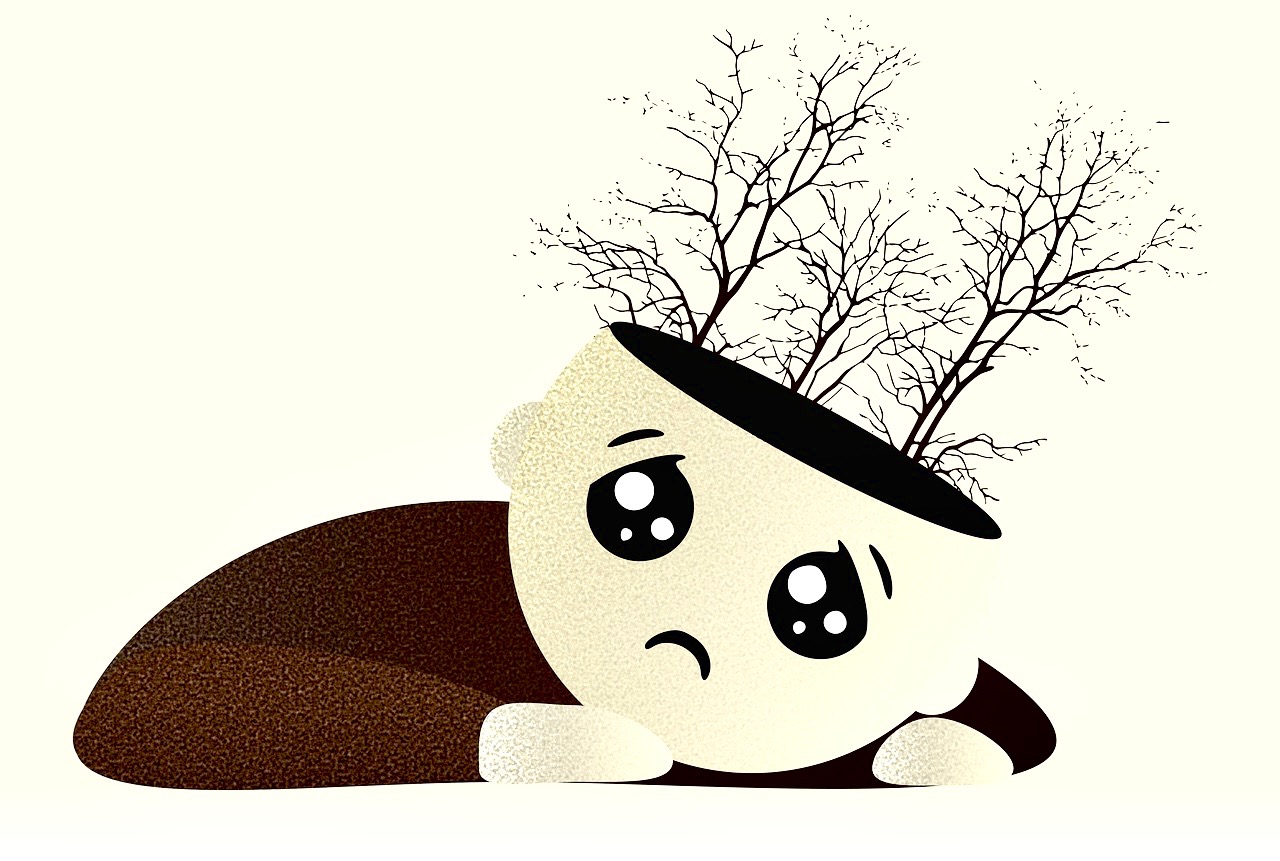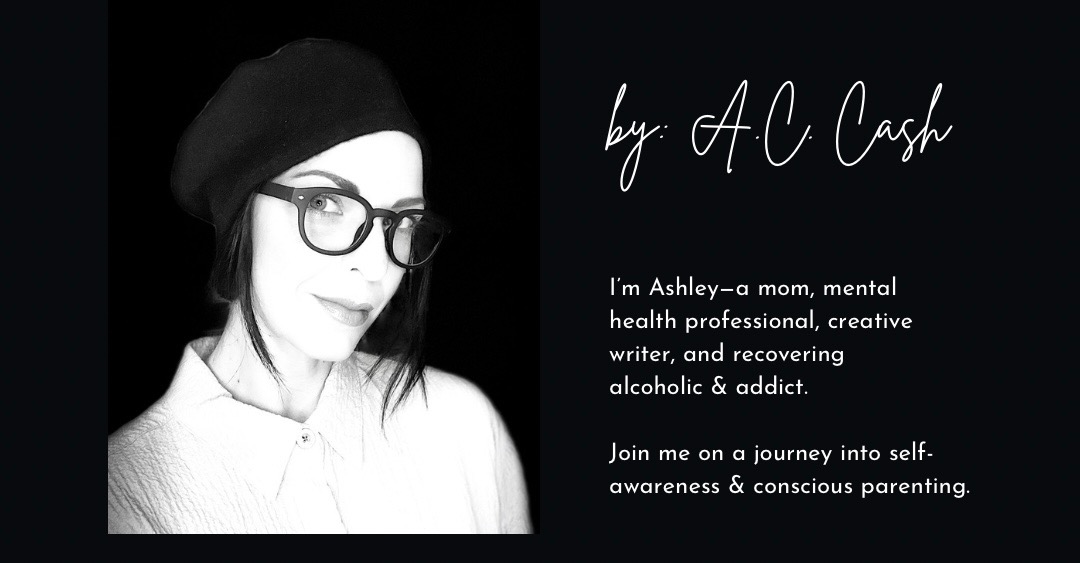
Vol. 11: Nature, Nurture & Addiction
Is addiction a generational curse, or is a person's environment to blame?
The genetic code we are born with is essential, but it does not mean having problems is our destiny.
And, of course, our environment plays a significant role.
The controversy between nature and nurture is longstanding, and nobody seems to agree on which one causes a person to become an addict.
It's important to remember there are various addictions, many of which are far more dangerous than drugs and alcohol, like the addiction to power or security.
In terms of their overall cost to society, drugs and alcohol may be among the least destructive addictions.
I deem myself an alcoholic. However, I'm ninety-nine percent certain that's a product of accessibility. If I'm being honest, I'm addicted to escaping my emotions.
I'm on board with uppers, downers, and gut-rot whiskey; anything which offers a flight from reality.
It wasn't until my third stab at sobriety that I began to question why I was like that. I mean, why I am like this—it never really goes away, but it is remissible with daily diligence.
It’s easy for me to blame my parents and their parents for the way I turned out; this lineage runs deep.
I experienced a rather tumultuous childhood. Jail, rehab, sober, and drunk were all a part of my vocabulary by the time I was eight.
But, I knew that there had to be more to it.
Six years ago, I found an article by the childhood development and trauma specialist, psychologist, physician, and author, Dr. Gabor Mate, and read this:
"In the real world, there is no nature vs. nurture argument, only an infinitely complex and moment-by-moment interaction between genetic and environmental effects."
Subsequently, I discovered an overabundance of textbook-qualified opinions differing drastically and in agreement with the above statement.
Let's face it; the internet is a formidable confluence.
But, as the words etched into my favorite coffee mug read:
Science doesn't give a fuck what you believe.
Thus, my journey down the empirical rabbit hole began.

MADE TO CRAVE
Humans are naturally predisposed to addiction because we seek happiness by design.
For example, look at nearly every choice you make.
From eating ice cream instead of kale to binging Netflix instead of going for a run, we choose pleasure over pain more often than we'd like to admit.
The same is true when it comes to drug and alcohol consumption. People use these substances because feeling good follows. At least for a while.
However, as the body increases its tolerance, we are left craving more, which often leads to addiction.
And no one is immune to addiction.
Several years ago, scientists conducted a study on cravings and substance abuse.
They found that person-specific cues, such as memories, songs, people, and landmarks, bring on cravings.
Still, aside from all the research, I know what a craving feels like very well.
I know the intoxication you feel when that memory hits you, and your entire body tingles with anticipation.
It's as if your whole being is crying out, saying, "This is what we've been waiting for. Give it to me!"
I never expect it, but when they hit, there's no questioning—I know that craving has just taken over me.
It's no wonder people go out over these things early in recovery.
A person's environment predominantly affects their addictive tendencies, and each domain is unique to the person experiencing it.
On the other hand, scientists know genetics contribute half of a person's likelihood of developing a drug or alcohol addiction.
So why do some people become addicts while others do not?

NATURAL MAKEUP
Nature refers to all of the genes and hereditary factors that influence who we are—from physical appearance to personality traits.
Genes are functional units of DNA that make up the human genome. They provide the information that directs a body's primary cellular activities; think of them as instructions.
Genetics factor into numerous psychological disorders like depression, anxiety, ADHD, OCD, and bipolar disorder.
And guess what?
Many people with these disorders choose to self-medicate with alcohol, drugs, or potentially addictive behaviors.
Over time, this can become a go-to coping mechanism that eventually becomes an addiction.
In such cases, what is genetically inherited is not a unique response to a specific substance or set of behaviors but the propensity for an underlying neurobiological vulnerability that can, over time, lead to an addiction.
So, yes, genetics can impact the risk of addiction.
But, scientists are finding that there's no way to remove a single gene to prevent or correct addictions because multiple genes influence a person's vulnerability rather than just one.
So, what if the genes responsible for this predisposition are not activated until triggered?
According to the pioneers of epigenetic research, the environment turns genes on and off.
Therefore, the genetic composition alone cannot determine the course of a person's life and development.
MOTHER NURTURE
Generations of drug and alcohol abuse rarely result in anything but a family history of early death, disease, and incarceration.
No matter the starting point, few families can withstand repeated abuse of substances and each other.
People who grow up surrounded by substance abuse are at a grievous disadvantage. They generally lack critical knowledge about interacting with others and the world.
One well-known study shows that survivors of chronic childhood trauma who, like me, identify with having four or more significant trauma experiences before age eighteen are:
Twelve times more likely to become addicted to hard drugs and seven times more likely to be an alcoholic.
We're also three times more likely to suffer ongoing anxiety, which goes hand in hand with addiction.
Any traumatic event that plagues a person's psyche can lead to various cognitive distortions, mood issues, self-esteem issues, and problems with belonging, bonding, and relationships.
An article by Harvard Health reveals mounting scientific evidence supporting theories that environmental factors or epigenetic stress can dramatically trigger the development of drug addiction and other psychiatric disorders.
Epigenetic changes refer to new information added to existing genetic material, affecting the expression of genes.
Stressful situations, such as a death or loss of a loved one, can signal the release of glucocorticoid steroid hormones.
These stress hormones influence alterations in different systems in the body, triggering epigenetic changes and affecting the expression of particular genes, including the brain's reward system.
This interaction significantly affects a person's risk of developing addiction and their likelihood of having a stress-induced relapse during addiction recovery.
Perhaps, you're at the point where you're saying to yourself,
"But, I'm battling a crippling addiction, and I didn't experience trauma as a kid. What gives?"
Adverse childhood experiences come in many forms. At the bottom of this page is a link to a quiz that may provide further enlightenment.
But, it doesn't matter how or why you became the unlucky contractor; addiction is a chronic and complex mind disease.
Many risk factors tend to intertwine and build upon one another, making the conversation about the cause of a person's addiction less about nature vs. nurture and more about what happens when the two collide.

If you are predisposed to addiction, an addict in recovery, or an active drug and alcohol abuser:
I implore you to work on breaking this vicious cycle, especially if you're the primary caregiver of an adolescent.
Collectively, we are molding a generation of revolutionists, healers, and warriors; our kids are tiny pieces of history and futurism at once.
Please nurture their potential.
And, when a sign shows that your kid is susceptible to a life of misery down the road, don't look the other way.
Understanding your child's disposition is vital for applying appropriate parenting strategies and nurturing a healthy family environment, whether you're a single mom or one of the village people.
Speaking of the village, do yourself a favor and find your tribe. Isolation is not human nature.
Community not only holds you accountable, but your place within it builds personal integrity.
Quelling addictive behaviors fosters healthy brain function and puts your neurotransmitters back in working order creating a valuable sense of clearheadedness necessary to live life to your most total capacity.
You may not be able to alter your DNA or handpick the traits you pass down to your children, but you can change your own mind.
Imagine the domino effect of such profound change and where this evolution might take you.
THIS WEEK’S LINKS:
BREAK THE CYCLE

Post a comment